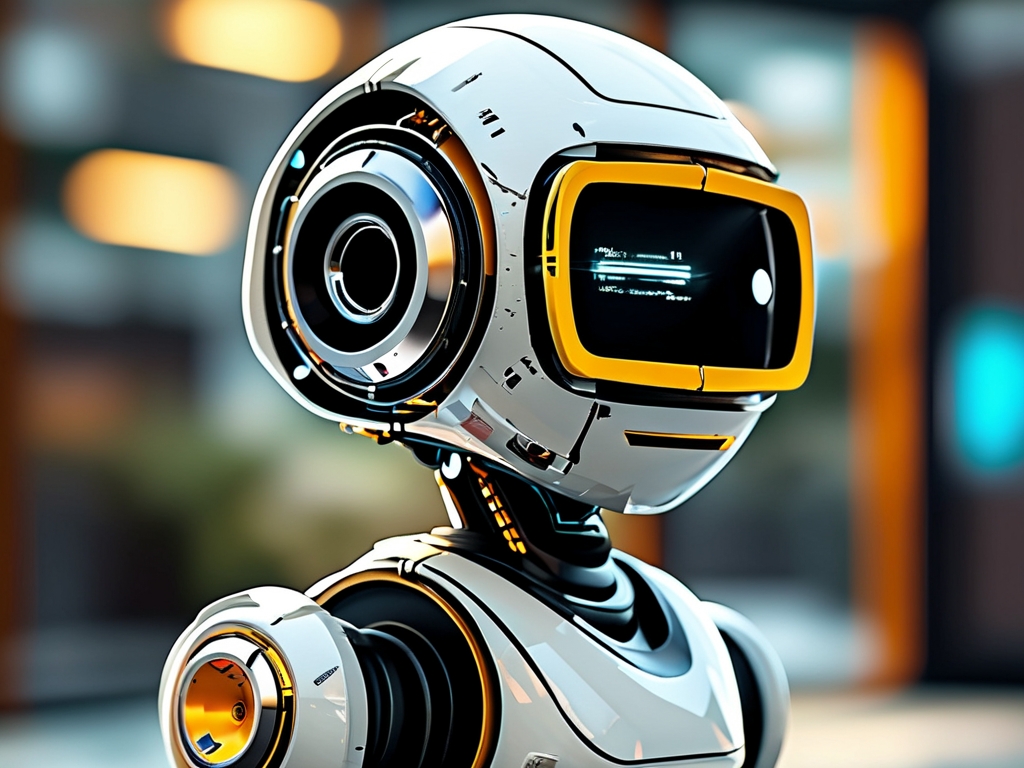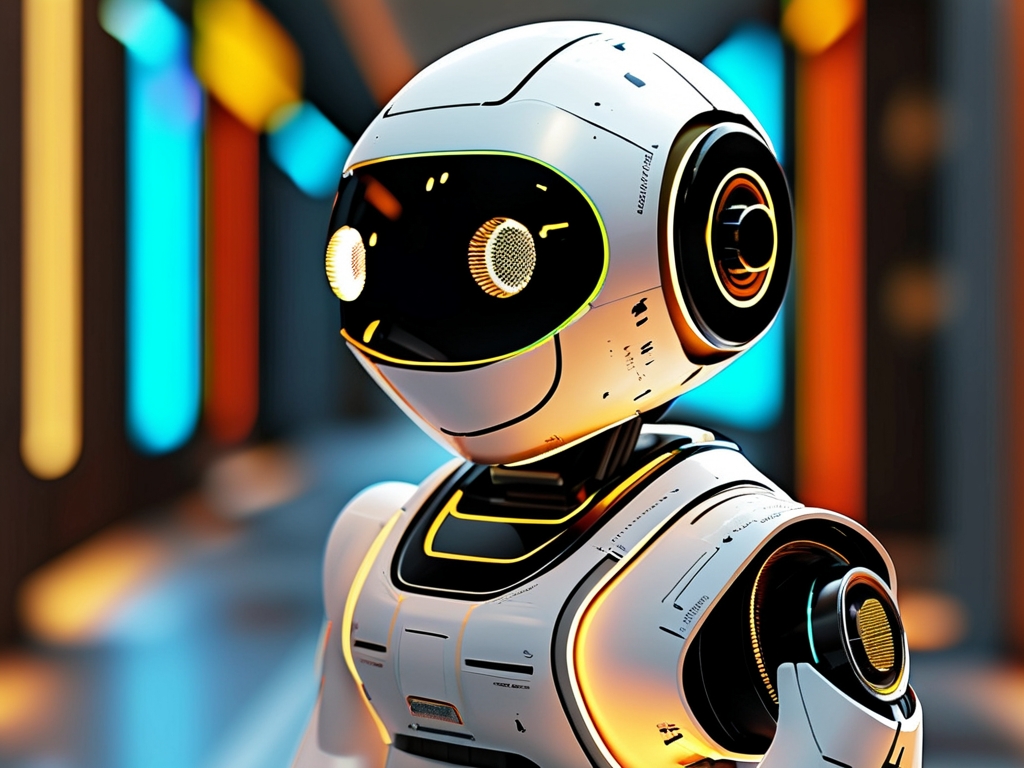The rapid advancement of robotics technology has transformed industries worldwide, creating diverse career opportunities for graduates specializing in this field. As automation, artificial intelligence, and machine learning continue to evolve, robotics professionals are in high demand across sectors ranging from manufacturing to healthcare. This article explores promising career directions for robotics graduates, industry requirements, and future trends shaping the job market.
1. Industrial Automation and Manufacturing
Robotics engineers play a pivotal role in designing and maintaining automated systems for factories. Graduates may work on developing robotic arms, assembly line optimizers, or quality control systems. Companies like Tesla, Siemens, and ABB actively recruit professionals to enhance production efficiency and reduce human error. Key skills include proficiency in programming languages (Python, C++), knowledge of PLCs (Programmable Logic Controllers), and experience with CAD software. With the global industrial robotics market projected to reach $81 billion by 2028 (Statista), this sector offers stable employment and competitive salaries averaging $85,000–$120,000 annually.
2. Healthcare and Medical Robotics
The healthcare industry increasingly relies on robotics for precision tasks. Career paths include designing surgical robots (e.g., Da Vinci Surgical Systems), rehabilitation devices, or AI-driven diagnostic tools. Graduates may collaborate with biomedical engineers to create prosthetics or robotic exoskeletons. This field demands interdisciplinary knowledge in biomechanics, ethics, and FDA compliance. Major employers include Intuitive Surgical, Stryker, and research institutions. The medical robotics market is expected to grow at a 16.5% CAGR through 2030 (Grand View Research), making it a high-growth area with salaries ranging from $90,000 to $150,000.

3. Service and Consumer Robotics
From domestic helpers like Roomba vacuums to hospitality robots in hotels, service robotics is booming. Graduates can work on AI integration, human-robot interaction design, or IoT-connected devices. Companies such as Boston Dynamics, iRobot, and startups like Serve Robotics seek talent to innovate in this space. Skills in machine learning, sensor technology, and user experience design are critical. While entry-level roles start around $70,000, senior positions in R&D often exceed $130,000.

4. Autonomous Systems and Transportation
Self-driving cars, drones, and delivery robots represent cutting-edge opportunities. Graduates may join companies like Waymo, Tesla, or drone logistics firms to develop navigation algorithms, LiDAR systems, or safety protocols. This sector values expertise in computer vision, real-time data processing, and regulatory standards. With the autonomous vehicle market alone anticipated to hit $2 trillion by 2030 (McKinsey), professionals in this domain enjoy salaries between $95,000 and $160,000.
5. Research and Academia
For those inclined toward innovation, research roles at universities or organizations like NASA or Boston Dynamics offer opportunities to pioneer new technologies. Focus areas include swarm robotics, soft robotics, or ethical AI governance. A PhD is often required, but these positions contribute to groundbreaking advancements while offering intellectual freedom. Academic salaries vary widely ($60,000–$140,000) but may include patent royalties or consulting opportunities.
6. Defense and Space Exploration
Governments and aerospace companies hire robotics experts for defense drones, bomb-disposal robots, or planetary rovers. Lockheed Martin, SpaceX, and defense agencies seek talent for projects requiring rugged, reliable systems. Security clearance and knowledge of embedded systems are often prerequisites. Salaries here are highly competitive, often exceeding $130,000, with added benefits in government roles.
Essential Skills for Robotics Graduates
- Technical Competence: Mastery of ROS (Robot Operating System), MATLAB, and embedded systems.
- Interdisciplinary Knowledge: Combining mechanical engineering, computer science, and domain-specific expertise (e.g., medical regulations).
- Soft Skills: Problem-solving, teamwork, and adaptability in fast-paced environments.
Future Trends and Challenges
The rise of collaborative robots (cobots), 5G-enabled remote operations, and sustainability-focused automation will shape future careers. However, ethical concerns about job displacement and AI bias require professionals to engage in responsible innovation.
Robotics technology graduates enter a dynamic job market with unparalleled opportunities. By aligning skills with industry needs—whether in healthcare, autonomous systems, or research—they can drive technological progress while securing rewarding careers. Continuous learning and adaptability will remain crucial as robotics reshapes the global economy.

